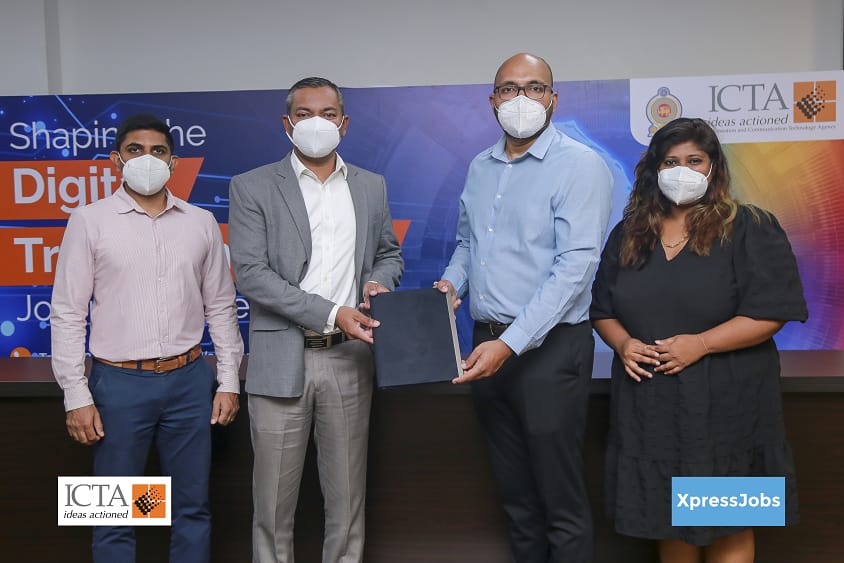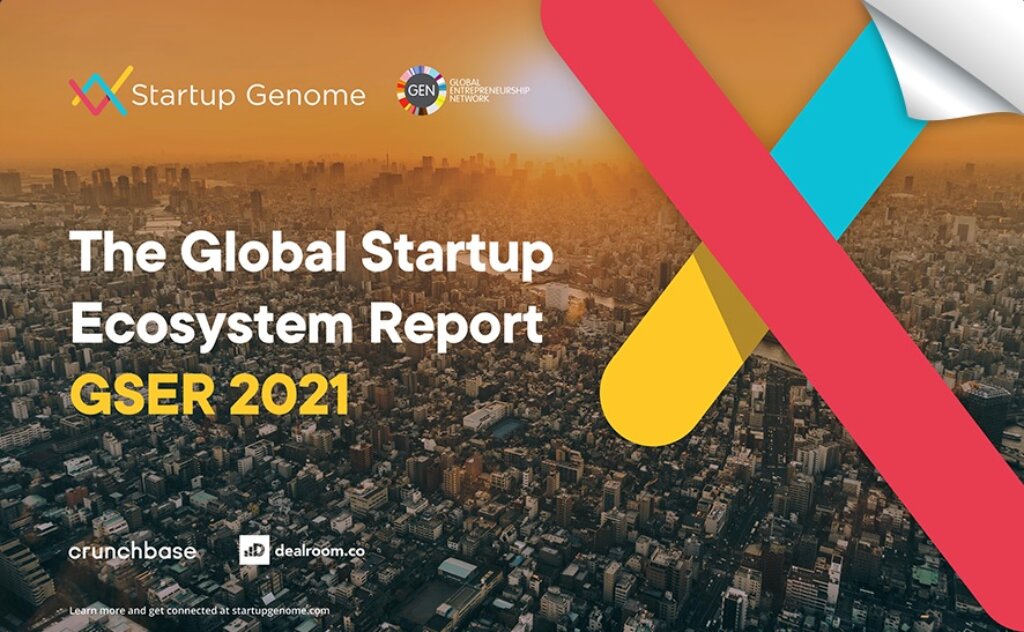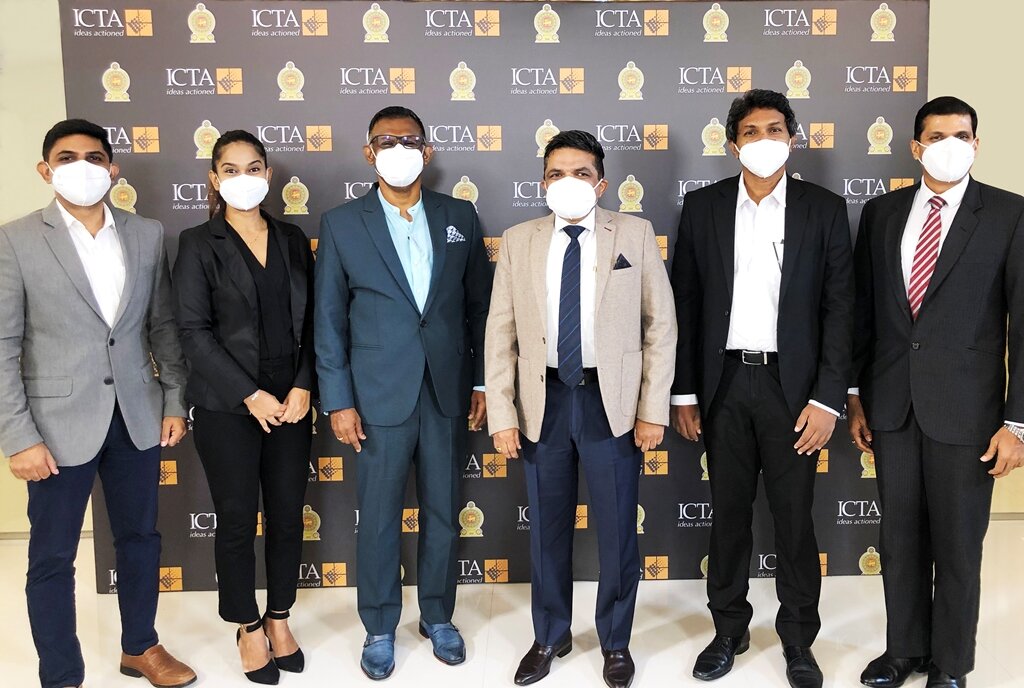Sri Lankan startups are getting help for one of the biggest issues that have troubled them:
attracting talent that would love the challenges of a startup. The Information and
Communication Technology Agency (ICTA), is the apex Government body who is mandated
to drive the Digital Transformation of the country partnered with XpressJobs, Sri Lanka’s
market trendsetter for recruitment technology, to support and transform the recruitment
process for the Sri Lankan startup ecosystem.
XpressJobs and ICTA are collaborating via ICTA’s Startup SL, the national online platform
for product-based startups. Startup SL is on a mission to support Sri Lankan tech
entrepreneurs by connecting them to other startups, mentors, investors, and incubators. The
purpose of the partnership is twofold: To help the country’s startups improve their
recruitment strategy and to provide ICTA with data to analyse how recruitment works in the
startup ecosystem.
“XpressJobs is the only job portal in Sri Lanka that provides companies and candidates with
data associated with the recruitment process. We provide transparency to job seekers on the
stage of their job application to help them save time. For companies, we provide tailor-made
technology such as filtering, cv-less applicant tracking, and recruitment by branches. We are
a startup ourselves who have been in recruitment technology for 6 years, so we’re uniquely
qualified to assist and contribute to the community.” Stated by Dr. Oshadie Korale, COO,
XpressJobs.
XpressJobs has implemented the partnership in three phases.
● Phase 1: Providing special recognition for Startup SL members by creating a
separate website page to recruit via XpressJobs and adding the logo of Startup SL
next to jobs posted by them. This gives them an added layer of credibility by
displaying their association with ICTA and Startup SL.
● Phase 2: Facilitating Information flow between startups who recruit via XpressJobs
and ICTA/Startup SL. XpressJobs started asking startups who used their website
whether they were one of the 606 members of Startup SL. Startups who said no were
encouraged to join the program and directed to ICTA if they wished to sign up.
XpressJobs also offers 20% off selected packages to companies who become
Startup SL members as an incentive.
● Phase 3: Sharing non-sensitive and non-confidential statistics from the XpressJobs
analytics dashboard with ICTA. This is to provide ICTA insights on the sectors,
designations, and job types startups are recruiting for. This in turn helps ICTA identify
issues startups are facing with recruitment. XpressJobs has discovered that 40% of
startup job openings are for software developers.
“Partnering with XpressJobs has enabled us to gain insights into the workforce dynamics of
the startup ecosystem which will further help us to take a data-driven approach to ecosystem
development, mentioned by Sachindra Samararatne, Director – Startup Ecosystem
Development, ICTA.
The following solutions could serve as a guide for ICTA to help the recruitment process of
the Sri Lankan startup ecosystem, as startups may not be thinking of these on their own.
● Offer revenue sharing and equity sharing when recruiting. Most startups are
recruiting a cofounder as their first hire. They are also not in a position to offer high
salaries and perks. Therefore, offering equity or revenue can help attract suitable
candidates for CEO and cofounder positions. This could also be extended to other
hires as well.
● Highlight the unique benefits candidates will get from working at a startup in their
recruitment advertisements: opportunities to learn all aspects of business, passionate
colleagues, and increased job responsibilities at the start of your career
● Using recruitment technology as part of their hiring process. As most of the startup
recruitment is done by the CEO or a co-founder, than an HR team, having such
technology at hand helps avoid errors and streamline the process. XpressJobs offers
a discount for Startup SL members so that they can take advantage of recruitment
technology at a lower cost than usual.
As the next stage of this partnership, XpressJobs is looking at ways to help fill the void of
talent in the IT sector. ICTA has a goal of growing the Sri Lankan startup workforce to
10,000 employees strong. This would in turn greatly help the Sri Lankan startup ecosystem
and the economy.







